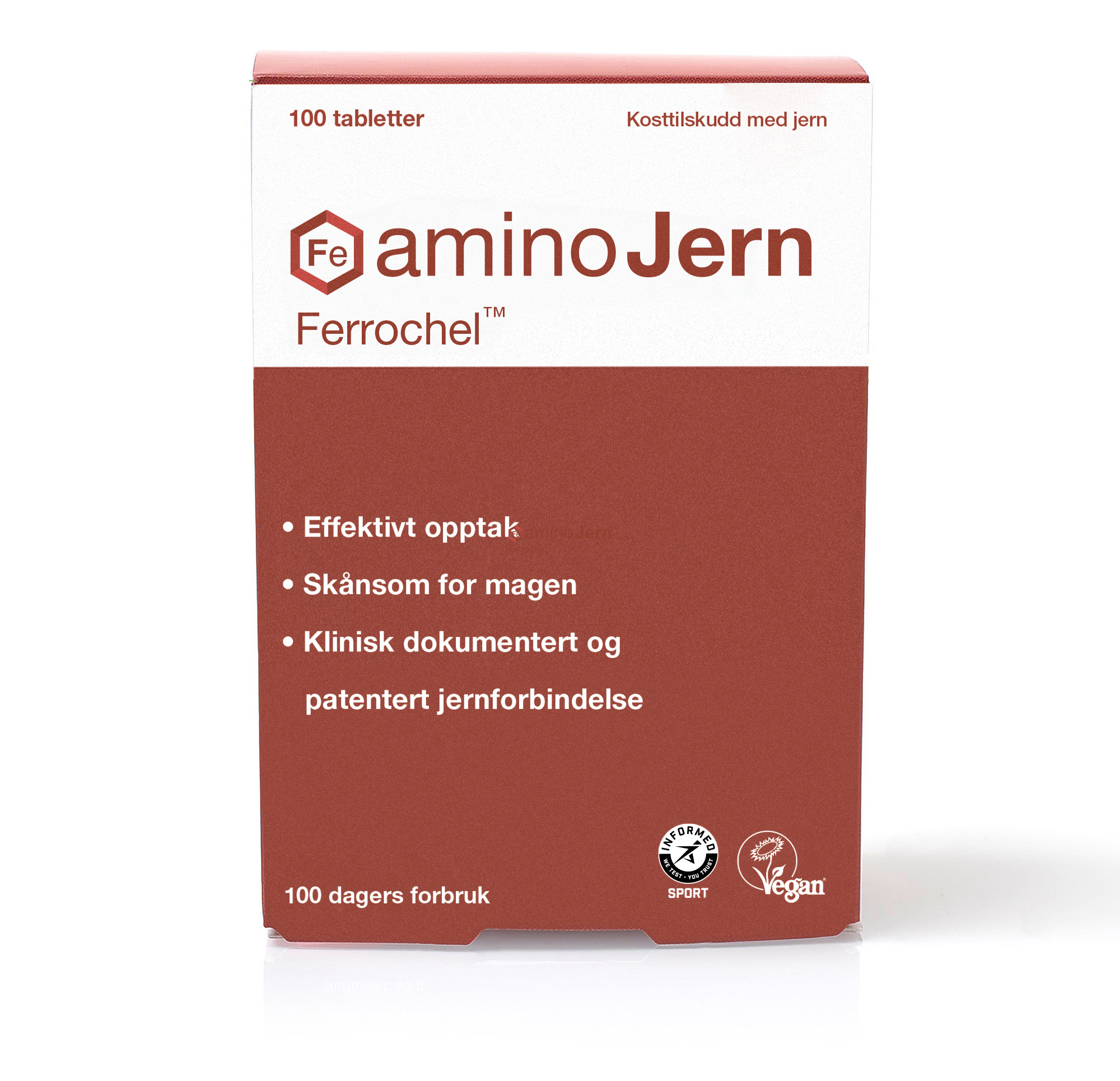Iron is an essential mineral that the body needs to function optimally. Iron is particularly important for the formation of hemoglobin, which is a component of the red blood cells that carry oxygen around the body. If the body gets too little iron, it can lead to various health problems.
Anemia is the most common condition that occurs when the body receives too little iron. Anemia occurs when the body does not get enough red blood cells or hemoglobin to transport oxygen to the body's tissues. This can lead to symptoms such as tiredness, fatigue, weakness, pallor and palpitations. In severe cases, it can also lead to palpitations, breathing problems and dizziness.
Immune system and brain
Low iron levels can also affect the immune system. A study published in the Journal of Nutrition found that low iron levels can lead to a weakened immune system, which can increase the risk of infections and diseases. Another study from the Journal of Nutrition shows that low iron levels can affect the brain. Here they found that low iron levels can affect cognitive functions, including memory and concentration. Researchers believe that this may be due to a lack of oxygen in the brain. Iron is an important contributor to the transportation of oxygen in the body.
Why can you have too little iron?
There are several reasons why the body may be deficient in iron. Some of the most common causes include blood loss, for example from menstruation or gastrointestinal bleeding, which can lead to loss of iron from the body. Low iron levels can also be due to poor absorption of iron from food, which in turn can be caused by conditions such as celiac disease or inflammatory bowel disease.
Another common cause is simply not eating enough iron-rich foods. Foods that are rich in iron are: meat, poultry, whole grain products, seafood, beans, lentils and green leafy vegetables.
It is important to seek medical attention if you experience symptoms of low iron levels or anemia. Early diagnosis and treatment can help prevent and avoid serious health problems.

